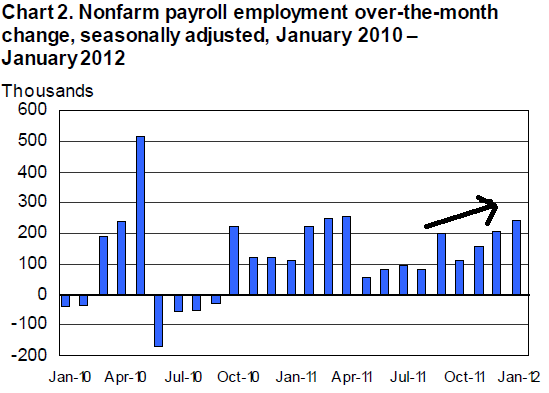It seems that all I hear these days are the once and future leaders of our country tripping over themselves to denigrate the work we do. I'm tired of it, and I'm fed up. I don't claim to represent anyone other than myself, but I would bet that a fair number of federal employees feel as I do. We are lawyers, doctors, PhD students, economists, writers, electricians, construction workers, security officers and technology specialists. We are not a drain on the national economy; rather, we are a primary reason why the United States remains as great as it is.Like many federal workers, I have sacrificed: a high-paying job in the private sector; a year of my life (and the first six months of my daughter's life) spent in Iraq; long hours; high stress; pay freezes. I'm not complaining; in fact, I quite enjoy my career and my life in the Foreign Service. Yet when I hear our politicians talking about
fixingWashington, I often wonder to myself: whom would they like tofix?Is it the guy I see on the Metro every day, heading to work at the Food and Drug Administration to ensure that our food is safe? Is it the woman going into Commerce Department headquarters to support U.S. companies abroad? Or do they mean the thousands of people who support our troops overseas? How about my fellow Foreign Service officers, who put themselves in harm's way in Baghdad, Kabul, Damascus and hundreds of other places around the world?
For more, see I Work for Uncle Sam, and I'm Proud of It by , February 26, 2012 at The Washington Post.










